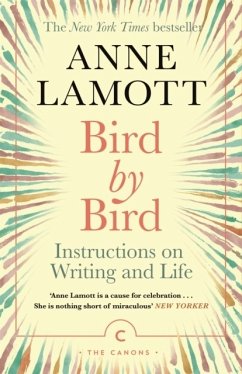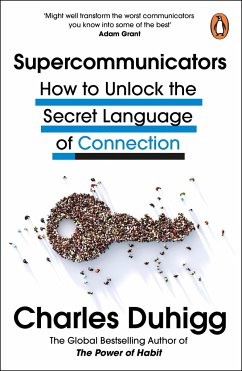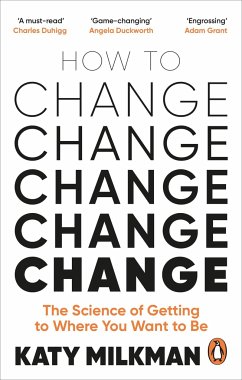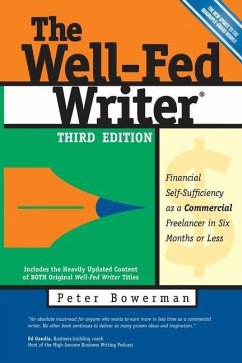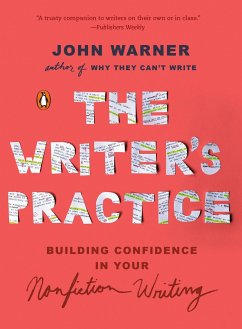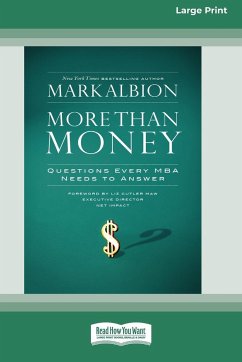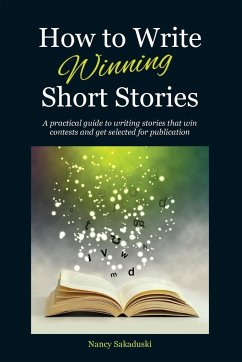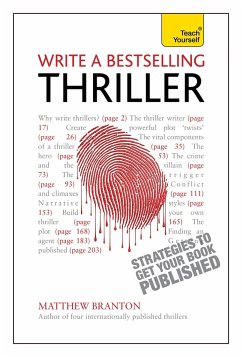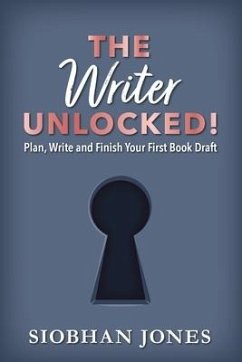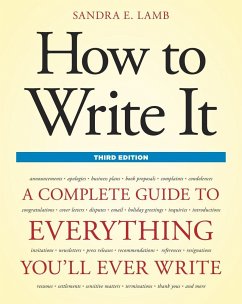
Writing for Busy Readers
Communicate More Effectively in the Real World
Versandkostenfrei!
Versandfertig in 2-4 Wochen
23,99 €
inkl. MwSt.
Weitere Ausgaben:

PAYBACK Punkte
12 °P sammeln!
Writing well is for school. Writing effectively is for life. Todd Rogers and Jessica Lasky-Fink offer the most valuable practical writing advice today. Building on their own research in behavioral science, they outline cognitive facts about how people actually read and distill them into six principles that will transform the power of your writing: * Less is more * Make reading easy * Design for easy navigation * Use enough formatting, but no more * Tell readers why they should care * Make responding easy Including many real-world examples, a checklist and other tools, this guide will make you ...
Writing well is for school. Writing effectively is for life. Todd Rogers and Jessica Lasky-Fink offer the most valuable practical writing advice today. Building on their own research in behavioral science, they outline cognitive facts about how people actually read and distill them into six principles that will transform the power of your writing: * Less is more * Make reading easy * Design for easy navigation * Use enough formatting, but no more * Tell readers why they should care * Make responding easy Including many real-world examples, a checklist and other tools, this guide will make you a more successful and productive communicator. Rogers and Lasky-Fink bring Strunk and White’s core ideas into the twenty-first century’s attention marketplace. When the influential guides to writing prose were written, the internet hadn’t been invented. Now, the average American adult is inundated with digital messages each day. With all this correspondence, capturing a busy reader’s attention is more challenging than ever. This is how to do it.




